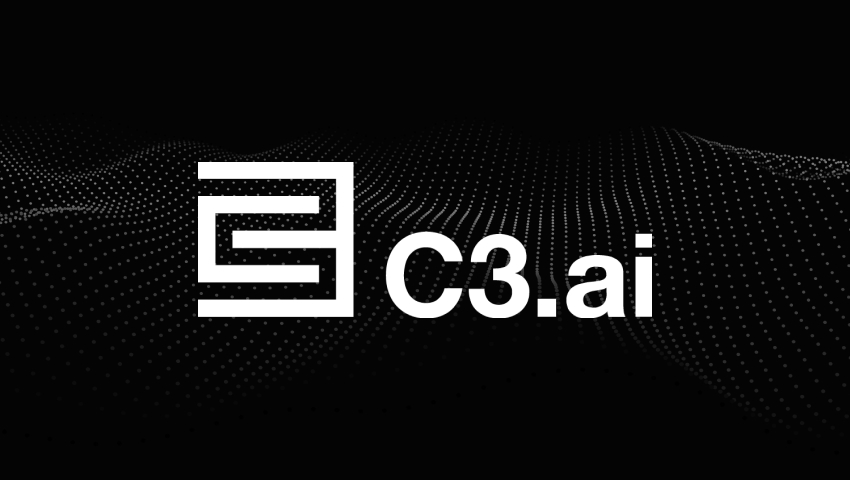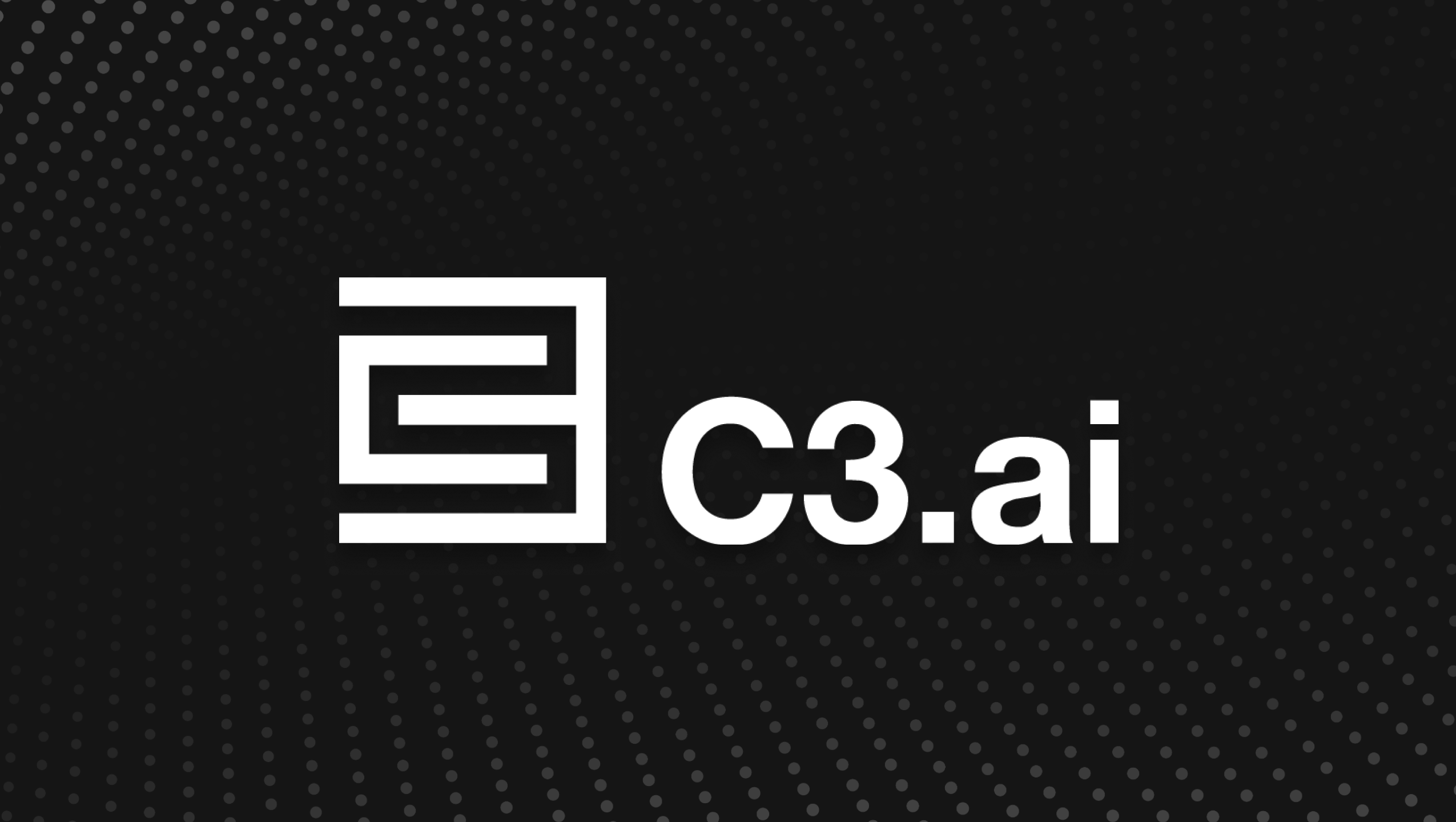Tom Siebel knows he could have raised hundreds of millions more in this week’s IPO by artificial intelligence software company C3.ai after the company’s stock shot up by 120% in its first day of trading. But he says he doesn’t care.
“I wasn’t doing this to try to take all the money off the table,” the founder and CEO of Redwood City-based C3.ai told the Business Journal.
C3.ai raised $651 million in its IPO and sold another $150 million in a private sale to Microsoft Corp. and Spring Creek Capital LLC, an affiliate of Koch Industries Inc. The company priced its shares at $42 and they went up to $100 before closing Wednesday at $92.49.
“Believe me, I knew this was going to trade a lot higher than $42,” Siebel said. “I can’t tell you that I knew it would trade at $100. But I knew it would trade higher than $42.”
Silicon Valley investors like Bill Gurley of Benchmark have advocated that companies avoid traditional IPOs like the one that C3.ai and DoorDash Inc. did this week. They say it “leaves money on the table” that companies should have gotten, advocating the use of direct listings and a special purpose acquisition company, or SPAC, merger to avoid doing that.
“We didn’t even think about trying to take the last nickel off the table,” Siebel said on Thursday. “If we did, we would have priced a lot higher than $42. This offering was way, way, way oversubscribed.”
Siebel said that C3.ai could have done an alternative IPO but decided that taking the traditional route to Wall Street was best.
“We considered a direct listing,” he said. “We were approached by a number of people who wanted us to take advantage of the SPAC vehicles. SPACs right now are kind of in vogue but I have some questions about how long that is going to last. A lot of things are in vogue right now that I think won’t be in a few years. I thought the traditional, old-fashioned, tried and tested way of doing things that I knew would be considered best practices in five years was the right way to go.”
Siebel, who took his first company —Siebel Systems —public in 1996 after leaving Oracle Corp., said it’s a much different world now.
“I had the Oracle S-1 in my hand the other day. Oracle went public off of about $12 million in trailing revenue. Siebel Systems went public off of $8 million in trailing revenue and we raised $35 million,” Siebel said.
“All three deals back then are so small by today’s standards. Today, if a company doesn’t have $100 million in revenue, it’s not going public. We raised close to a billion dollars today.”
Siebel also said that when the pandemic hit in March, he thought there was “no way, no how” that he would be celebrating an IPO by the year’s end.
“We thought this was going to be worse than the 1980s, 1990s or 2000s recessions,” he said. “The good news is that we had plenty of cash in the bank. But I was wrong. All of the tools that the Fed has today didn’t exist before 2008. It’s a different game. I never in my wildest imagination in the first quarter of this year thought we would go public this year. I was expecting to see a really significant and protracted recession, even in the technology industry. But I was wrong.”
He credits the federal Paycheck Protection Program with helping C3.ai be successful. The company got a $6.3 million loan but paid it back a few months later.
“I’m not much of a government guy,” he said. “I think it’s very rare that the government does something right. This happens to be one of those cases.”
“When you are looking at a recession, what a rational businessperson does is stop hiring, cut every unnecessary dollar you can, cut all advertising, so that you can weather the storm and come out of it. I would have done that if there hadn’t been a PPP program,” Siebel said. “We didn’t do a layoff and we continued to hire and thank goodness for that. When it became apparent that there were other sources of capital available, we paid back the loan. We didn’t have the money for very long.”
C3.ai employed about 400 when it took the PPP loan and its workforce is up to about 560 today. Siebel said it will be hiring a lot more now that it has a fresh infusion of capital.
“We are putting the pedal to the metal now. This is about growth,” he said. “The demand for what we do in this economy is going through the roof — interest in digital transformation and in AI. In order to meet that demand we need to hire a lot more people.”
He sent a message to C3.ai employees on Thursday before ringing a virtual closing bell on the New York Stock Exchange. The heading on it was “The End of The Beginning.”
“It’s paraphrased from something that Winston Churchill said, ‘This is not the end, nor the beginning of the end but the end of the beginning,'” Siebel said. “We are celebrating today. Tomorrow we are going to buckle down and get to work.”
C3.ai won’t have its stock price posted on a wall, nor will its employees be focused on its ups and downs on Wall Street, Siebel said. “As far as I’m concerned, they can close the markets for the next five years. We will just go about and do our jobs,” he said. “This is not an exit. It’s not a conclusion. It’s just a punctuation point.”
Read the full article here.


